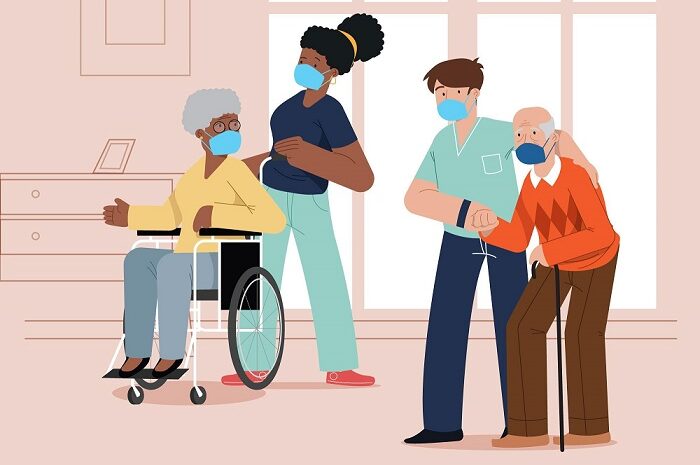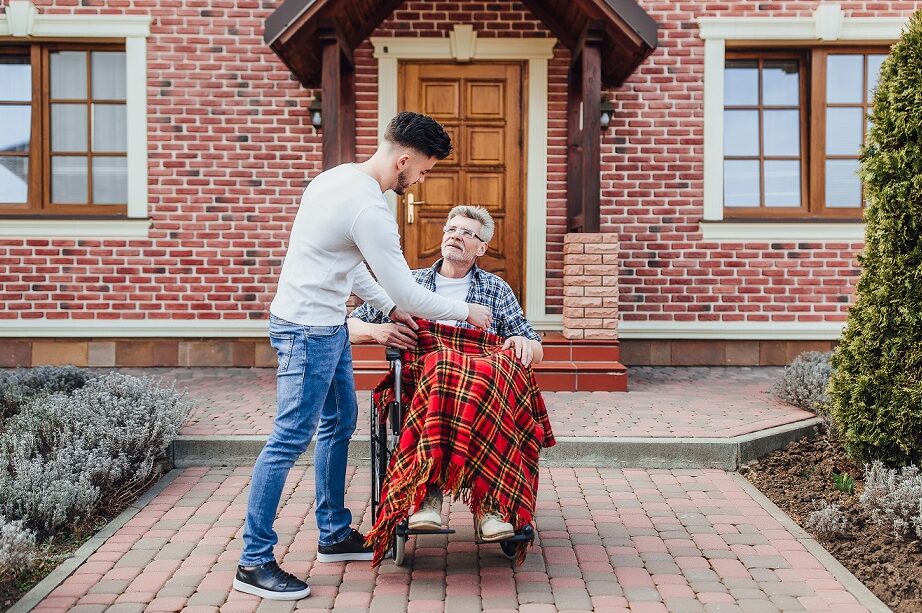Guidance
The social care workforce plays a hugely important role in public health. A new e-learning resource, will help care colleagues increase their knowledge and confidence in public health approaches across a variety of care settings.
Caring at home and work is tough I know from my own experience how challenging it can be juggling a busy work life and looking after a family member, in my case my mum at the end of her …
Supporting and helping to improve the health of older adults is paramount. Depression is a common condition and while it is a problem all year round, as we approach the festive season, it does know harm to renew our vigilance and support of those who may feel particularly lonely or isolated at this time.
In recent years, the concept of supporting healthcare activities at home has gained significant traction,and for good reason. The COVID-19 pandemic emphasised the importance of accessible, high-quality healthcare, prompting a shift towards home and community-based care as a viable alternative to more traditional health and care settings.
Self Care Week returns 13-19 November this year. It's the annual, UK-wide awareness week run by the Self Care Forum, a charity aiming to further the reach of self-care in the population, making it everyone’s everyday habit and culture, to think and practice self-care.
As part of the plans for reform, set out in the 2021 government white paper, People at the Heart of Care, the digitising social care programme is supporting widespread digitisation across the sector to improve the quality, safety and personalisation of care and support services.
It’s not even autumn (although you’d be forgiven for thinking otherwise, given the changeable weather) but already, thoughts turn to winter and our readiness, as care and health professionals, to deliver the support our communities need as service pressures mount.
When technology is embedded seamlessly into care and support services, it can be transformative: helping people to live happy, fulfilled lives in their homes and communities. Find out more...
NICE (the National Institute for Health and Care Excellence) published their guidance on supporting adult carers in 2020. It aims to improve their lives by helping health and social care practitioners identify people caring for someone and give them the right information and resources to live and care well.
"Talk to any employer, or person who draws on care and support, and they will tell you that the people who work in social care are undoubtedly the sector’s biggest asset". As a new call for evidence launches, Deborah Sturdy, Chief Nurse for Adult Social Care and Oonagh Smyth, Chief Executive of Skills for Care, …









